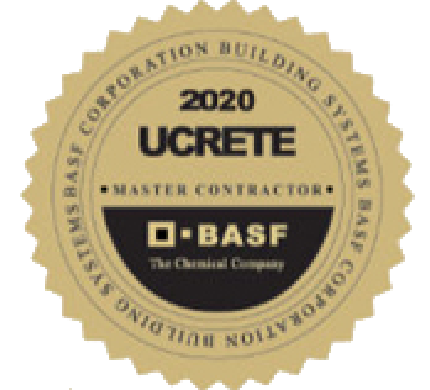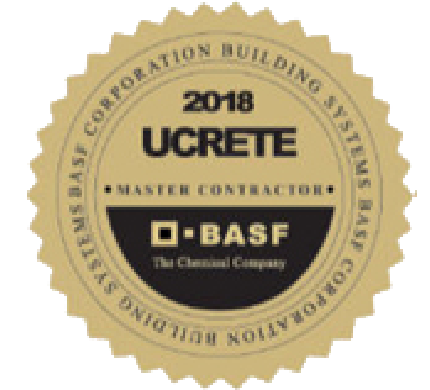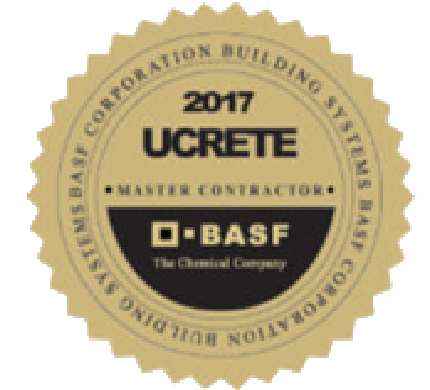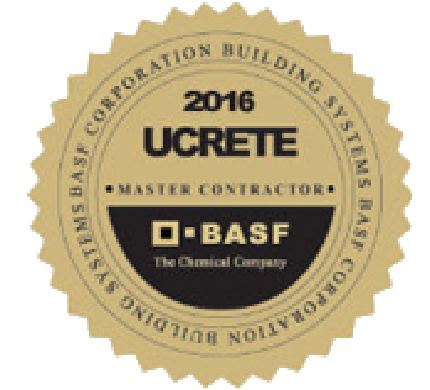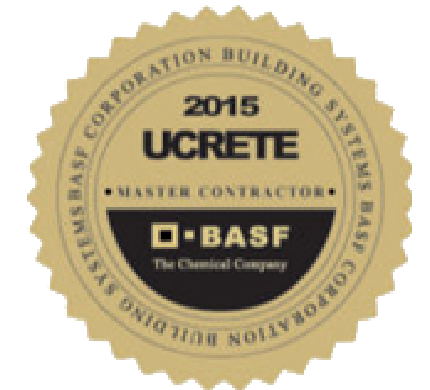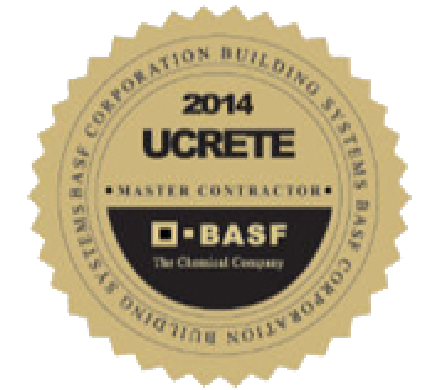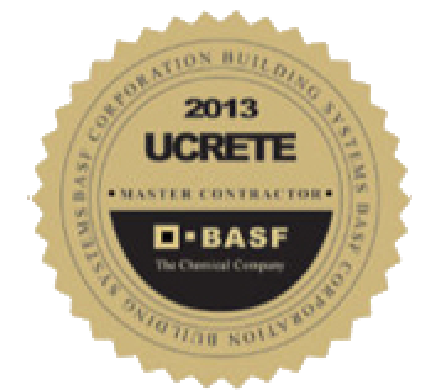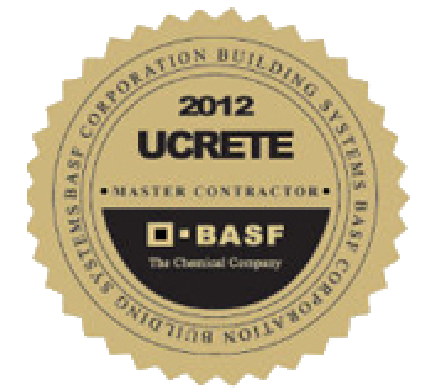Slip and fall prevention checklist
Slips, trips, and falls are some of the most common non-fatal workplace accidents and a slip and fall prevention checklist can help avoid many of them.
Often, these accidents are caused by defects in the concrete or floor coating, debris, slippery conditions caused by spills, and improper surface preparation leading to floor coating failures that decrease the lifespan of your flooring.

Following is a checklist to determine what hazards may be lurking in your facility.
Slip and fall prevention checklist
Are there gaps, cracks, or holes? The type of concrete damage we see most often is spalling and cracking due to temperature fluctuations; damage from heavy, high-volume traffic; and corrosion due to chemical exposure.
Was the concrete surface preparation adequate for the installation of your floor coating? Another type of concrete damage we see is caused by improper surface preparation prior to flooring installation. By using the right concrete surface profile, we can ensure a proper bond of the coatings to the substrate, extending your floor’s strength, durability, and beauty.
Is the walkway uneven with abrupt changes in level? Uneven, cracked concrete can cause trips and slips for employees and can also damage costly equipment. Again, proper surface preparation and a seamless floor coating can help avoid accidents.
Is there debris? (And how easily is debris disposed of?) A urethane concrete coating on your coves and curbing prevents bacteria, debris, and dust from collecting in the seam between the floor and the wall.
Are there metal grates in the flooring? Are drains clogged? Is there a proper slope for draining? Making proper drainage a part of your construction plan helps avoid slip and fall injuries, as well as future maintenance expenses.
Are there slippery conditions? (Water, grease, chemicals?) Floors that are constantly subjected to water, fats, oils, and other liquids create a dangerous working environment for employees. Slip-resistant flooring can help reduce accidents in any wet processing area. A floor coating containing coarse particles to provide a rough, abrasive surface helps make wet, slippery floors safer.
Are there proper paint markings on slopes, ramps, and stairs? Are changes in walkway elevation marked? Are coves and curbs marked? Are markings used to designate hazardous zones? Demarcation is the process of ‘zoning’ a space into several sites used for specific processes. It helps staff understand what hazards to expect. Often, each area will have its own designated color.
Our team of SPC (Society of Protective Coating) experts can conduct complete testing of the existing concrete. Based on our site evaluation, we will prepare a quote package with a comprehensive outline of flooring solutions to fit your application, budget, and work schedule. Call us at 317-388-8000 or request a quote.
NEED A FLOORING CONSULTANT?
Call us now at 317-388-8000 or click the button to plan your project today

COMPANY AWARDS
